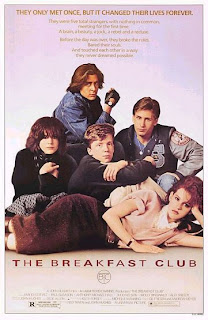
The article, Cracking the Color Code of Hero, written by Robert Mackey, tells the collaboration of Chinese director Zhang Yimou and Australian cinematographer, Christopher Doyle. Mackey says Yimou is known for quiet beauty in his composed shots, while Doyle is known for improvising with the camera and likes to 'find the film' as he is shooting it. Mackey mentions the film functions like a prism with frames of red, blue, white, green, and black. He also says the coloration is the movie's theme. The article continues with discussion about the colors; red, blue, white, and green.





